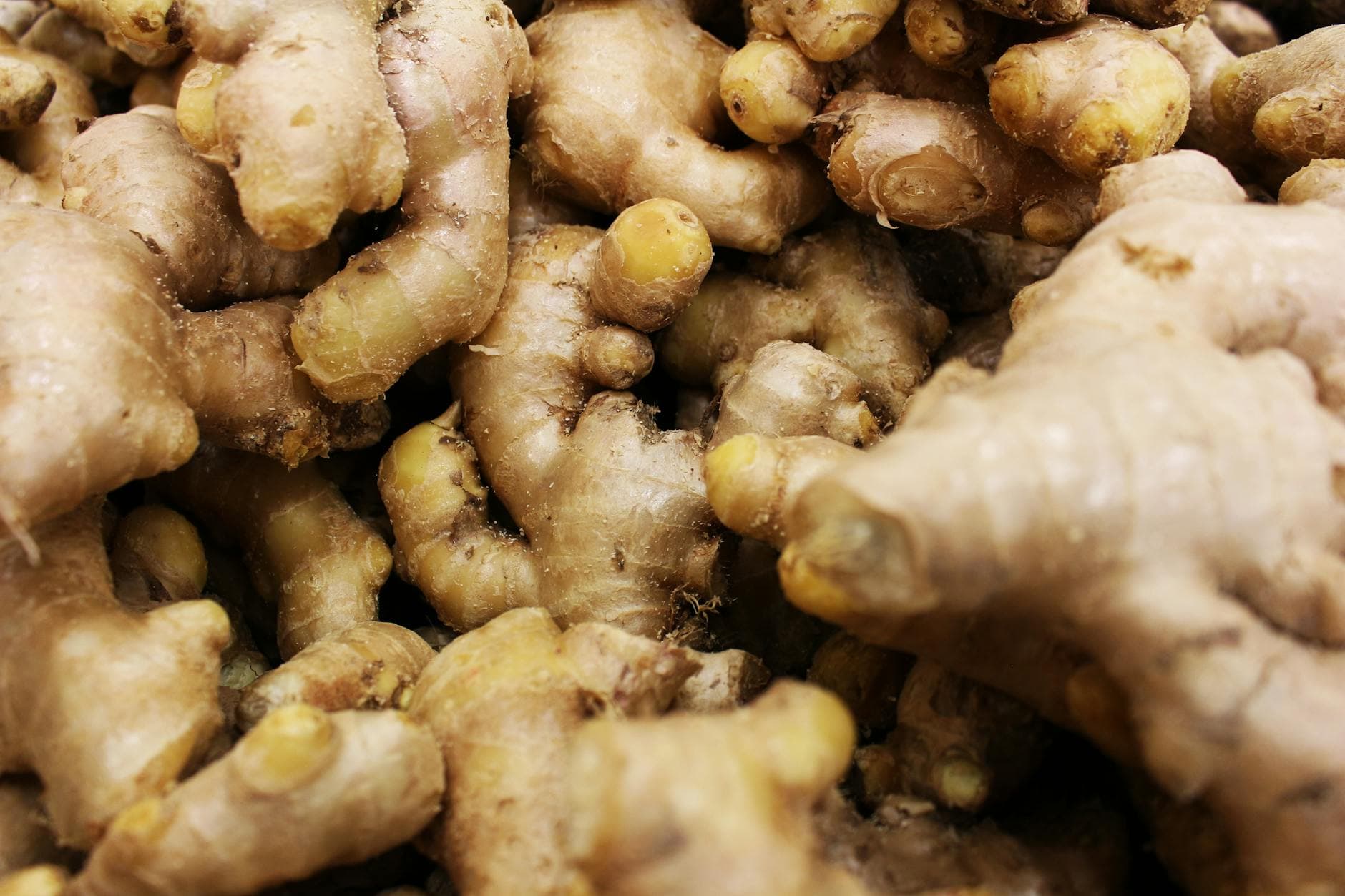Struggling to fall asleep, stay asleep, or waking up feeling unrefreshed? You're not alone. Insomnia, a common sleep disorder, can significantly impact your physical and mental well-being, affecting energy levels, mood, and concentration. While conventional treatments exist, many individuals seek natural and holistic approaches to reclaim their nights and restore healthy sleep patterns. At Healbal, we believe in empowering you with knowledge about sustainable daily wellbeing.
This comprehensive guide explores the root causes and common symptoms of insomnia, offering a deep dive into evidence-based natural remedies and herbal treatments. We'll provide actionable strategies to help you manage insomnia effectively, fostering a serene environment for deep, restorative sleep. Remember, persistent sleep issues warrant professional medical advice, but integrating these natural methods can be a powerful step towards better rest.
Causes
Understanding What Disrupts Your Sleep
Insomnia isn't a single condition but a symptom with various underlying causes. Identifying these factors is crucial for effective management. Common culprits often fall into behavioral, psychological, physical, or environmental categories:
- Stress and Anxiety: Modern life often brings chronic stress, which can keep the mind racing at night, making it difficult to unwind and fall asleep. Anxiety disorders are also strongly linked to insomnia.
- Depression: Both depression and insomnia can be cyclical, with each exacerbating the other. Sleep disturbances are a common symptom of depressive disorders.
- Poor Sleep Habits (Sleep Hygiene): Irregular sleep schedules, napping too much, stimulating activities before bed (e.g., screen time), uncomfortable sleep environments, and consuming caffeine or alcohol late in the day can all disrupt natural sleep rhythms.
- Dietary Factors: Heavy meals close to bedtime, excessive caffeine intake, and high sugar consumption can interfere with sleep. Nutrient deficiencies can also play a role.
- Certain Medications: Some prescription and over-the-counter drugs, including certain antidepressants, cold and allergy medications, blood pressure medications, and corticosteroids, can cause insomnia as a side effect.
- Medical Conditions: Chronic pain, asthma, acid reflux, thyroid disorders, neurological conditions (like Parkinson's disease), and sleep apnea are just a few examples of health issues that can severely disrupt sleep.
- Environmental Factors: Noise, light, extreme temperatures, and an uncomfortable mattress or pillow can all make it difficult to achieve restful sleep.
- Lifestyle Choices: Lack of physical activity during the day or, conversely, intense exercise too close to bedtime can impact sleep quality. Shift work or frequent travel across time zones (jet lag) can also throw off the body's circadian rhythm.
Understanding these potential causes is the first step toward tailoring a holistic management plan for your unique situation.
Symptoms
Recognizing the Signs of Insomnia
Insomnia manifests differently for everyone, but there are common signs and symptoms that indicate a struggle with sleep. It's important to recognize these to seek appropriate support. If you experience several of these symptoms consistently, it may be time to consult a healthcare professional, especially if they significantly impact your daily life.
- Difficulty Falling Asleep: Taking more than 30 minutes to fall asleep at night.
- Difficulty Staying Asleep: Waking up frequently during the night and having trouble going back to sleep.
- Waking Too Early: Consistently waking up much earlier than desired and being unable to return to sleep.
- Non-Restorative Sleep: Feeling tired or unrefreshed upon waking, even after what seems like a full night's sleep.
- Daytime Fatigue or Low Energy: Persistent tiredness throughout the day, despite attempting to sleep.
- Irritability, Mood Swings, or Anxiety: Sleep deprivation can significantly affect emotional regulation.
- Difficulty Concentrating or Memory Problems: Impaired cognitive function, making it hard to focus, learn, or remember things.
- Increased Errors or Accidents: Reduced alertness can lead to mistakes at work or while driving.
- Headaches or Gastrointestinal Distress: Physical symptoms can sometimes accompany chronic sleep deprivation.
When to See a Doctor: While natural remedies can be highly effective, it's crucial to consult a doctor if your insomnia is severe, persistent (lasting more than a few weeks), significantly impacts your daily functioning, or if you suspect an underlying medical condition. Seek immediate medical attention if you experience sudden, severe sleep problems accompanied by neurological symptoms, severe pain, or unexplained fever.
Natural Remedies
Lifestyle and Dietary Strategies for Restorative Sleep
Beyond addressing specific causes, integrating natural remedies into your daily routine can significantly improve sleep quality. These strategies focus on creating an optimal environment and routine for your body and mind to relax and prepare for sleep.
- Optimize Your Sleep Environment: Your bedroom should be a sanctuary for sleep. Ensure it's dark (use blackout curtains), quiet (consider earplugs or a white noise machine), and cool (ideally between 60-67°F or 15-19°C). Invest in a comfortable mattress and pillows.
- Establish a Consistent Sleep Schedule: Go to bed and wake up at the same time every day, even on weekends. This helps regulate your body's natural circadian rhythm.
- Create a Relaxing Bedtime Routine: Wind down for at least an hour before bed. This could include a warm bath, reading a book (not on a screen), gentle stretching, listening to calming music, or practicing mindfulness meditation.
- Limit Screen Time Before Bed: The blue light emitted from phones, tablets, and computers can suppress melatonin production, a hormone essential for sleep. Aim to avoid screens for 1-2 hours before sleep.
- Mindful Eating and Drinking: Avoid heavy, spicy, or sugary meals close to bedtime. Limit caffeine and alcohol intake, especially in the afternoon and evening, as both can disrupt sleep patterns. Consider a light, sleep-friendly snack like a banana or a small bowl of oats if hungry.
- Regular Physical Activity: Engage in moderate exercise most days of the week. However, avoid strenuous workouts too close to bedtime, as this can be stimulating. Morning or early afternoon exercise is ideal.
- Stress Management Techniques: Incorporate practices like deep breathing exercises, yoga, meditation, or journaling into your day to help manage stress and anxiety, which are major contributors to insomnia.
- Exposure to Natural Light: Get at least 15-30 minutes of natural sunlight early in the morning. This helps regulate your circadian rhythm and boosts daytime alertness.
- Aromatherapy: Essential oils like lavender, chamomile, and bergamot can promote relaxation. Diffuse them in your bedroom or add a few drops to a warm bath before bed.
Consistency is key when implementing these natural remedies. Give them time to work and observe how your body responds.
Herbal Treatments
Evidence-Based Herbal Allies for Deeper Sleep
For centuries, various herbs have been traditionally used to promote relaxation and improve sleep. Modern research is beginning to validate many of these uses. When considering herbal remedies, it's vital to choose high-quality products and be aware of potential interactions and contraindications. Always consult a healthcare professional before starting any new herbal treatment, especially if you are pregnant, breastfeeding, or taking other medications.
- Valerian Root (Valeriana officinalis):
Benefits: Valerian is one of the most well-researched herbs for sleep. It contains compounds that may increase levels of gamma-aminobutyric acid (GABA), a neurotransmitter that helps calm the nervous system. It's often used for insomnia and anxiety.
Usage: Commonly taken as a tea (steep 1-2 grams of dried root in hot water for 5-10 minutes), tincture (1-3 mL), or capsule (300-600 mg) about 30 minutes to 2 hours before bedtime. It may take a few weeks to notice significant effects.
Cautions: May cause drowsiness, so avoid driving or operating heavy machinery after use. Can interact with sedatives, anxiolytics, and alcohol, potentially increasing their effects. Not recommended during pregnancy or lactation due to insufficient safety data. - Chamomile (Matricaria chamomilla):
Benefits: Known for its mild sedative and anxiolytic properties, chamomile contains apigenin, an antioxidant that binds to specific receptors in the brain, decreasing anxiety and initiating sleep. It's excellent for mild insomnia and generalized anxiety.
Usage: Most commonly consumed as a tea (steep 1-2 teaspoons of dried flowers in hot water for 5-10 minutes) before bedtime. It's generally considered safe for daily use.
Cautions: Generally safe, but individuals with allergies to ragweed or other plants in the daisy family may experience allergic reactions. May slightly increase the effect of blood thinners, though this is rare with typical tea consumption. - Lemon Balm (Melissa officinalis):
Benefits: This gentle herb is known for its calming effects, helping to reduce stress and anxiety, and promoting restful sleep. It's often combined with valerian or chamomile for enhanced effects.
Usage: Typically consumed as a tea (steep 1.5-4.5 grams of dried leaves in hot water for 10-15 minutes) or tincture (2-4 mL) before bed.
Cautions: Generally well-tolerated. May interact with thyroid medications (use with caution and consult a doctor). Not recommended for use during pregnancy or lactation without professional advice. - Passionflower (Passiflora incarnata):
Benefits: Passionflower is used to treat anxiety and insomnia due to its ability to increase GABA levels in the brain. It can help improve sleep quality and reduce nighttime awakenings.
Usage: Available as a tea (steep 1-2 grams of dried herb), tincture (1-4 mL), or capsule (200-400 mg) 30-60 minutes before bed.
Cautions: Can cause drowsiness. May interact with sedatives, antidepressants (SSRIs), and blood thinners. Not recommended during pregnancy or lactation due to compounds that may stimulate uterine contractions. - Ashwagandha (Withania somnifera):
Benefits: An adaptogenic herb, Ashwagandha helps the body manage stress and promotes a sense of calm, which can indirectly improve sleep. It's particularly useful for stress-induced insomnia.
Usage: Often taken as a capsule (300-600 mg of root extract) or powder mixed into warm milk before bedtime.
Cautions: Generally safe, but pregnant or breastfeeding women should avoid it. Can interact with sedatives, immunosuppressants, and thyroid hormones. Individuals with autoimmune conditions should consult a doctor before use.
Always start with the lowest effective dose and monitor your body's response. Discontinue use if you experience adverse reactions and seek professional medical advice.
Prevention
Proactive Steps for Sustained Healthy Sleep
Preventing insomnia often involves integrating the management strategies discussed earlier into a consistent, long-term lifestyle. By proactively nurturing your sleep health, you can reduce the likelihood of sleep disturbances recurring and maintain a state of sustained wellbeing.
- Prioritize Sleep: View sleep not as a luxury, but as a fundamental pillar of health, just like diet and exercise. Dedicate sufficient time to it in your daily schedule.
- Maintain a Consistent Routine: The single most effective preventative measure is a regular sleep-wake schedule. This anchors your circadian rhythm, making it easier for your body to anticipate and prepare for sleep.
- Cultivate a Wind-Down Ritual: Consistently engaging in relaxing activities before bed signals to your body that it's time to transition to sleep. This could be reading, gentle stretching, or meditation.
- Optimize Your Sleep Environment: Continuously ensure your bedroom remains dark, quiet, cool, and comfortable. Periodically assess your mattress and pillows for support and comfort.
- Manage Stress Effectively: Develop healthy coping mechanisms for stress, such as mindfulness, deep breathing, or spending time in nature. Chronic stress is a primary trigger for insomnia.
- Mindful Nutrition and Hydration: A balanced diet supports overall health, including sleep. Stay hydrated throughout the day, but reduce fluid intake closer to bedtime to minimize nighttime awakenings.
- Regular, Moderate Exercise: Physical activity during the day promotes deeper sleep at night. Aim for at least 30 minutes of moderate activity most days, but complete intense workouts several hours before bed.
- Limit Stimulants and Sedatives: Be mindful of your intake of caffeine, alcohol, and nicotine, especially in the latter half of the day. While alcohol may initially induce sleep, it often leads to fragmented sleep later in the night.
- Practice Digital Detox: Make it a habit to disconnect from electronic devices at least an hour before bed. This reduces exposure to blue light and allows your mind to decompress.
- Address Underlying Health Issues: Work with your healthcare provider to manage any chronic medical conditions or mental health concerns that could contribute to sleep problems.
By making these preventative measures a consistent part of your lifestyle, you empower your body's natural ability to achieve restorative sleep, fostering overall vitality and resilience.












